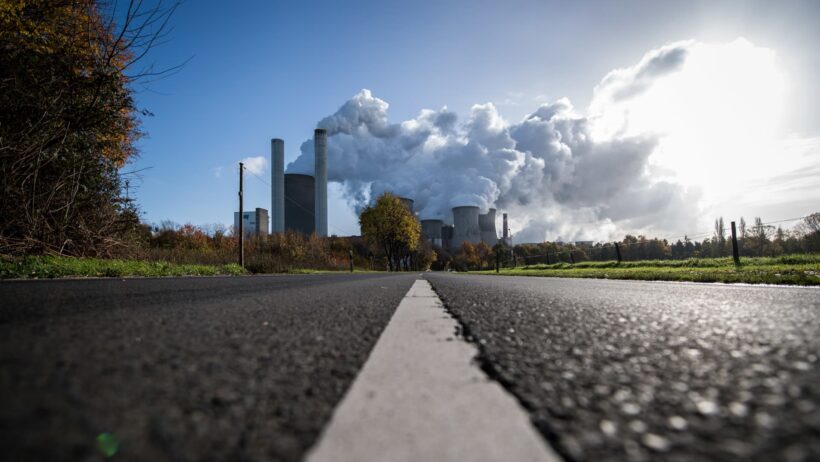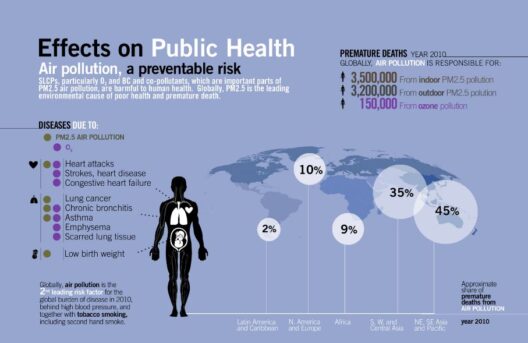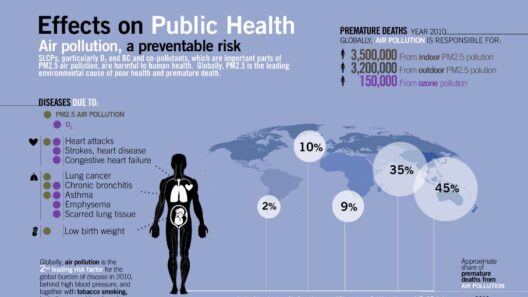Fossil fuels have been the cornerstone of modern industrial civilization, powering economies and societies for over a century. However, their continued reliance poses significant environmental challenges, particularly regarding climate change. In understanding how fossil fuels are still heating the planet, it is essential to delve into their usage, environmental consequences, and the subtle complexities of transitioning to sustainable energy alternatives.
The burning of coal, oil, and natural gas releases vast quantities of greenhouse gases (GHGs) into the atmosphere. Chief among these is carbon dioxide (CO₂), followed closely by methane (CH₄) and nitrous oxide (N₂O). These gases trap heat from the sun, creating a greenhouse effect that leads to global warming. This phenomenon is not merely an abstract concern; it manifests in tangible changes such as rising sea levels, altered weather patterns, and increased frequency of extreme weather events.
Despite growing awareness of these impacts, fossil fuel consumption continues unabated. Numerous factors contribute to this persistence. Economically, fossil fuel industries are often deeply embedded in national and global markets. They provide jobs, drive exports, and generate significant tax revenues. This economic entrenchment can lead to resistance against transitioning to renewable energy sources, as the financial implications may be perceived as a threat to existing livelihoods.
Furthermore, political priorities often sway in favor of fossil fuel interests. Policymakers may hesitate to enact stringent regulations due to lobbying efforts from fossil fuel companies. Additionally, there may be a lack of political will to invest in alternative energy technologies, often perceived as more costly or unproven. This creates a paradox where the very solutions necessary to combat climate change are sidelined by the forces that perpetuate the status quo.
The infrastructure required for fossil fuel extraction and distribution is another critical element in understanding the entrenchment of these energy sources. Extensive networks of pipelines, refineries, and storage facilities are already in place, making it logistically and economically challenging to overhaul these systems. The transition to renewable energy requires time, investment, and a concerted effort on a global scale. Many stakeholders are reluctant to disrupt a system that, while harmful, has provided stability and predictability.
In addition to these systemic issues, societal perceptions and behaviors surrounding energy consumption also play a significant role. Public awareness about climate change is at an all-time high, yet fossil fuels remain the default choice for energy generation in many parts of the world. Daily habits may not reflect concerns about climate change, as convenience often trumps environmental considerations. The appeal of fossil fuels often lies in their accessibility and reliability; they are, quite simply, an ingrained part of modern life.
The psychological phenomena of cognitive dissonance may come into play here. People may acknowledge the reality of climate change yet still engage in behaviors that contribute to it, such as driving gasoline vehicles or consuming products derived from fossil fuels. This contradiction can lead to a sense of helplessness or fatalism, where individuals might feel that their personal actions are insignificant in the grand scheme, causing them to disengage from seeking solutions.
Moreover, global energy demand is on the rise, particularly in developing nations aiming to improve living standards and elevate their economies. In many cases, fossil fuels are seen as a necessary pathway to achieve energy security and economic growth. As these countries strive for industrialization, they often revert to fossil fuels, creating a complex dilemma wherein economic development appears to rely on environmentally harmful energy sources.
Adding to these complications is the interplay between energy security and climate policy. Countries rich in fossil fuel resources may prioritize energy independence over environmental considerations, leveraging their resources for political and economic advantage. This reality can dilute international commitments to reducing greenhouse gas emissions, as nations safeguard their economic interests while grappling with climate obligations.
Despite these challenges, innovative approaches are emerging to combat the reliance on fossil fuels. Technologies such as carbon capture and storage (CCS) provide a means to mitigate emissions from fossil fuel use, though they are not without controversy regarding their efficacy and safety. Additionally, advancements in renewable energy technologies, including solar, wind, and geothermal, present viable alternatives capable of powering modern economies sustainably.
Transitioning to renewable energy is not simply a technical challenge; it is a moral imperative. The adverse effects of climate change disproportionately affect the most vulnerable populations and ecosystems, exacerbating social inequalities and threatening biodiversity. Addressing the reliance on fossil fuels thus requires not only technological innovation but also a commitment to social equity and justice.
Global initiatives like the Paris Agreement signify a collective recognition of the need to mitigate climate change and transition to sustainable energy systems. Yet, achieving these ambitious goals requires not only international cooperation but also grassroots movements advocating for systemic change. Local communities can influence energy policy by demanding transparency, accountability, and more robust investments in renewable energy options.
In conclusion, fossil fuels continue to heat the planet through complex interrelations of economics, politics, and societal behaviors. The transition away from these energy sources is crucial for mitigating climate change and preserving our planet for future generations. Achieving this transition will demand transformative thinking, innovative solutions, and unified global action. The road ahead may be fraught with challenges, yet the pursuit of sustainable energy must take precedence over the short-term benefits offered by fossil fuel consumption.







